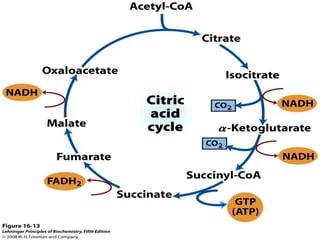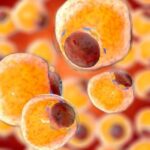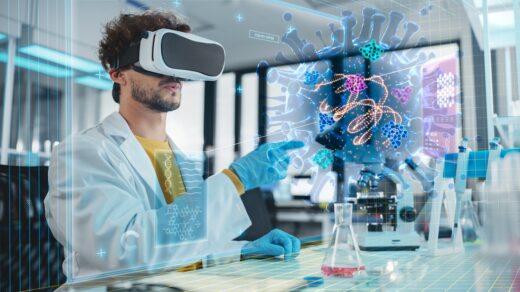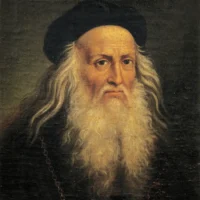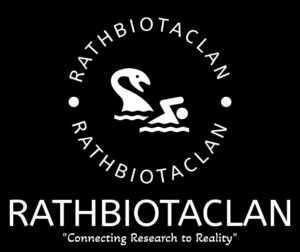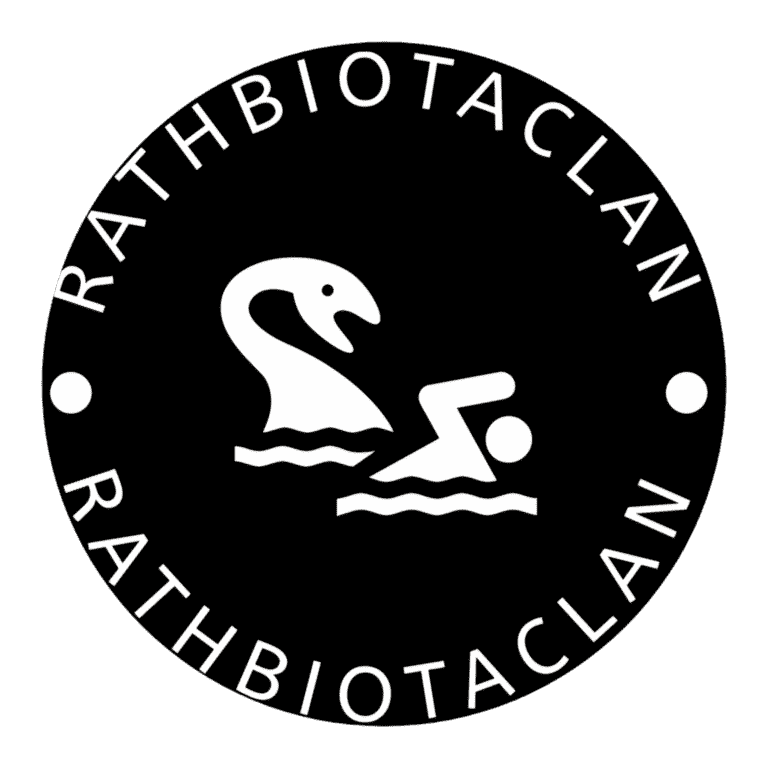🪶The urea cycle eliminates nitrogenous waste, primarily ammonia, produced during protein metabolism.
🪶The liver synthesizes urea 80-90% then transported to the kidneys for excretion in urine.
🪶The Krebs-Henseleit cycle, the first discovered metabolic cycle.
🪶Urea (NH2)2CO contains two amino groups, one from ammonia (NH3) and one from aspartate.
🪶CO2 supplies carbon skeletons for urea synthesis.
🪶Urea synthesis occurs in five enzymatic reactions.
🪶Enzyme Location:
The first two enzymes reside in the mitochondria, while the remaining three are cytosolic.
Urea cycle describes in detail as below:-
🪶Carbamoyl Phosphate Synthesis:
Mitochondrial enzyme CPS I catalyzes the formation of carbamoyl phosphate from CO2, ammonia, and ATP.
🪶This irreversible, rate-limiting step requires N-acetylglutamate for activation.
🪶Cyptosolic CPS II, involved in pyrimidine synthesis accept of amino group for glutomine, does not require N-acetylglutamate for activity.
2.Formation of Citrulline:
💫Citrulline is synthesized from carbamoyl phosphate and ornithine by ornithine transcarbamoylase in the urea cycle.
💫Ornithine is regenerated and reused in the urea cycle.
3.Synthesis of Argininosuccinate:
💫Argininosuccinate synthase condenses citrulline with aspartate to form argininosuccinate.
💫The second amino group of aspartic acid is incorporated into argininosuccinate in this step.
💫The reaction requires ATP, which is cleaved into AMP and pyrophosphate (PPi).
💫The latter is further broken down into inorganic phosphate (Pi).
4.Cleavage of Argininosuccinate:
🦨Argininosuccinase cleaves argininosuccinate to yield arginine and fumarate.
🦨Arginine is the immediate precursor for urea synthesis.
🦨Fumarate released here provides a link between the urea cycle and the TCA cycle and gluconeogenesis.
5.Formation of Urea:
🦨Arginase is the enzyme that cleaves arginine to yield urea and ornithine.
🦨Ornithine is regenerated and transported back to the mitochondria for its role in the urea cycle.
🦨Arginase is activated by cobalt and Mn2+.
🦨Arginase is mainly found in the liver, while the rest of the enzymes of the urea cycle are also present in other tissues.
🦨Due to this, arginine synthesis may occur in various organs, but only the liver produces urea.



